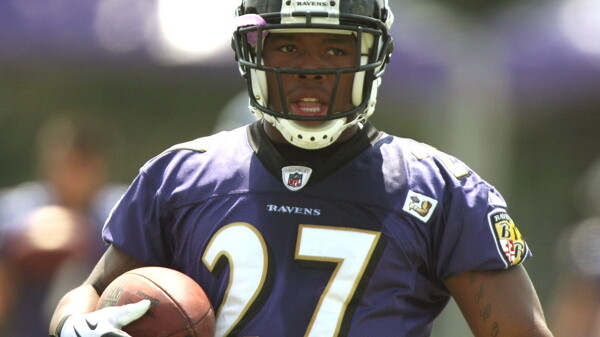Falling Out of Love with Football?
abuse and concussion scandals are clouding our affection for the gridiron game

have tarnished the NFL.
I’m in a complicated relationship with football.
One recent Sunday afternoon, I turned on the Packers-Bears game, part of the usual weekend routine: watch the NFL, almost regardless of the teams on the TV. I occasionally caught a few plays, and then started thinking about everything surrounding the sport of late – criminality, death-by-helmet hits, possible cover-ups, the ever-present mega-hype – and did the unthinkable: I shut the game off.
Later that afternoon, I was back, watching Teddy Bridgewater shine for my Vikings. Am I a hypocrite? Maybe, but this is an awkward time to be a fan of the most-popular sport in America. I cannot imagine I am the only person who simultaneously is turned on to – and turned off from – football.
This is an awkward time to be a fan of the most-popular sport in America. I cannot imagine I am the only person who simultaneously is turned on to – and turned off from – football.
To a degree, we are living in another subject-matter feeding frenzy. Anything relating to the hot topic of the day is going to get extra attention; once a couple of controversies came out involving accusations and evidence of players abusing women and children, related happenings became part of the storyline. Sure, there have been plenty of similar incidents over the decades, and (as reported by statistical website FiveThirtyEight.com) crime rates are lower among NFL players ages 25 to 29 than all males nationwide in the same age bracket.
What makes this different is the critical mass of controversy. In 2012, I wrote about the potential that concerns about concussions could lead to the decline of football participation – the one issue I figured could take the sport off its pedestal atop the athletic landscape. Since then, fewer youths are taking part in pigskin leagues, though other factors may be at play. However, the purveyors of football have taken added steps to protect players, and the issue is not as hot as it was a couple of years ago.
However, it has not disappeared. When I read the recent Time magazine cover story on high school players dying after on-field collisions – on a Friday night, no less – I was reminded that the problem still haunts football. If you combine the concussion situation with the new disgust over the treatment of family and loved ones by athletes, and throw in a potentially shady element – the possible concealing of knowledge by NFL higher-ups – you start to question why you follow a sport that seems to carry an excessive load of negative baggage.
We carry some of that baggage as fans. What is the most-effective way to get the football teams to eliminate these problems? Stop buying tickets, stop watching games, and stop buying merchandise. Yet, we keep watching Sunday Night Football when no NFC North team is involved, we keep going to the fields of western Wisconsin on Friday nights to watch teenagers bang into each other in pads, and we still buy the latest hot Packers jersey. Again, are we hypocrites? Perhaps, but primarily, we are conflicted.
Football is the game many of us grew up enjoying for entertainment, from literally playing as kids to eventually watching as adults. These problematic peripheral topics were not on our minds in the days of Bart Starr, Fran Tarkenton, Al Toon, and Tim Krumrie. They are on the minds of younger sports fans, for whom their early exposure includes many a black cloud. When recent polling showed Millennials starting to sour on football, you see how “football” means something different to the next generations of fans.
The day of the October Packers-Vikings game, I wore my only Vikes’ jersey, a Warren Moon edition I purchased in 1994. He never became a purple legend, but he was good for a little while, and it has become a throwback of sorts. Walking through the grocery store that day, something dawned on me: I was wearing the jersey of a domestic abuser. Moon was, in a way, the Ray Rice of the ’90s in terms of high-profile player violence. My recent concerns dictate that I should get rid of the jersey, yet I know I’ll wear it again. It’s a complicated yet frivolous relationship, me and football. It is football’s responsibility to address the serious matters of family abuse and health dangers that could permanently end our love of the game.




















